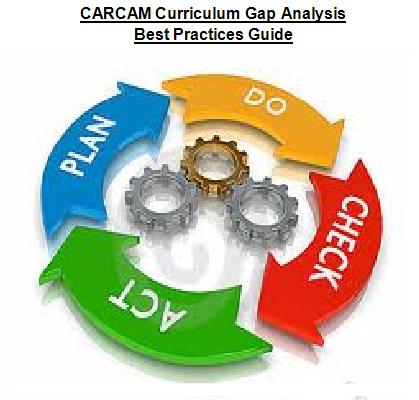|
The unprecedented meeting featured consuls general and honorary consuls from 20 countries on five continents. They were joined by business specialists from the public and private sectors, including Alabama Secretary of Commerce Greg Canfield, who touted the state’s success in the global economy.
“Alabama of today is focused on the Alabama of tomorrow,” he said. “We’re looking to the future and what it’s going to take to remain competitive.”
“I can tell you that foreign direct investment has led the way, it has changed Alabama, it has changed the reputation of the state,” said Steve Sewell, executive vice president of the Economic Development Partnership of Alabama (EDPA).
Speakers backed up the talk with numbers, including Alabama’s top-10 national ranking for job percentage in advanced industries and the thousands of workers employed by automakers.
Mercedes-Benz’s manufacturing plant in Vance is adding jobs to meet record U.S. and worldwide sales. Last year, Alabama Power’s Transmission team completed installation of a third transformer at the plant’s dedicated substation. The multi-year project did not disrupt the company’s production schedule.
“We have more than 11,000 people working for German companies,” said Tine Hoffmeister, executive director of the Alabama Germany Partnership. “If you want Oktoberfest, come to Alabama, because we have it all over the state!”
The international buzz has been contagious.
In November, Birmingham will host the Southeast U.S./Japan Association meeting for the first time in 15 years. The two-day event is expected to bring more than $4 million into the region, according to Mark Jackson, Honorary Consul of Japan and chairman of the Birmingham Sister Cities Commission.
Even Birmingham Mayor William Bell was tied up with a pressing international commitment. “The mayor could not be here,” announced City Councilor Marcus Lundy, “as he is in Russia, where he signed the agreement for Birmingham to host the 2021 World Games.”
State must remain vigilant
Despite the success, Canfield warned that Alabama cannot slack off now.
“We are going to be seeing increasing competition for fewer projects internationally,” he said.
He stressed the need to make it easier for corporations to select and acquire sites so they can quickly build the infrastructure to reach full employment and production.
To that end, Canfield pointed to Gov. Robert Bentley’s economic development package, which includes a $20 million site acquisition and development fund for 25 mostly rural high-need counties, and a unique investment credit that can be applied to a variety of business taxes, not just taxes on income.
“We think that’s going to be an incentive that’s really going to make a difference,” he said.
“The tax credit is a good idea to help create jobs,” said Haiti Consul General Gandy Thomas.
Citing Alabama Power by name, Canfield also noted the impact reliable energy has on the state’s business climate.
“The cost of power is frequently a huge decision point, particularly for advanced manufacturers,” he said. “We’re very lucky that we’ve got very reliable power. We also have very cost-competitive power. So those are significant advantages.”
Knowledge key to healthy economy
Education is another critical factor in economic development — “you can’t afford to separate the two anymore,” said Canfield.
Improving it is a chief purpose of the Governor’s Alabama Workforce Council, chaired by Zeke Smith, executive vice president for External Affairs at Alabama Power.
Earlier this year, the panel recommended new ways to help young people get the advanced skills they need to fill high-demand, high-wage jobs.
“I am convinced that the path to a brighter and more productive Alabama rests in the ability to educate and train our existing and future workforce,” Gov. Bentley said at the time.
As the Consular Corps attendees exchanged business cards and smiles, they emphasized the importance of going beyond cultural exchanges to establish solid economic ties.
“One thing in Alabama that has led to closer relationships and the welcoming of other cultures is the bottom line, the capital investment that’s made, the jobs that are seen throughout the communities of the state,” said Sewell.
“The greater the economic impact on a country,” added Michael Johnson, Honorary Consul of Germany, “the greater the interest tends to be.”
After the meeting, Zeke Smith summed up its importance.
“It is certainly promising to see so many different countries looking to Alabama for models of success in workforce and economic development,” he said. “They’ve heard the success stories of foreign-owned businesses in Alabama and they want to help encourage and nurture it. We are thrilled to continue mutually beneficial dialogues like this.”
Full Article: http://alabamapowernews.com/2015/04/28/historic-meeting-puts-alabamas-growing-economy-reputation-front-and-center/
|



























